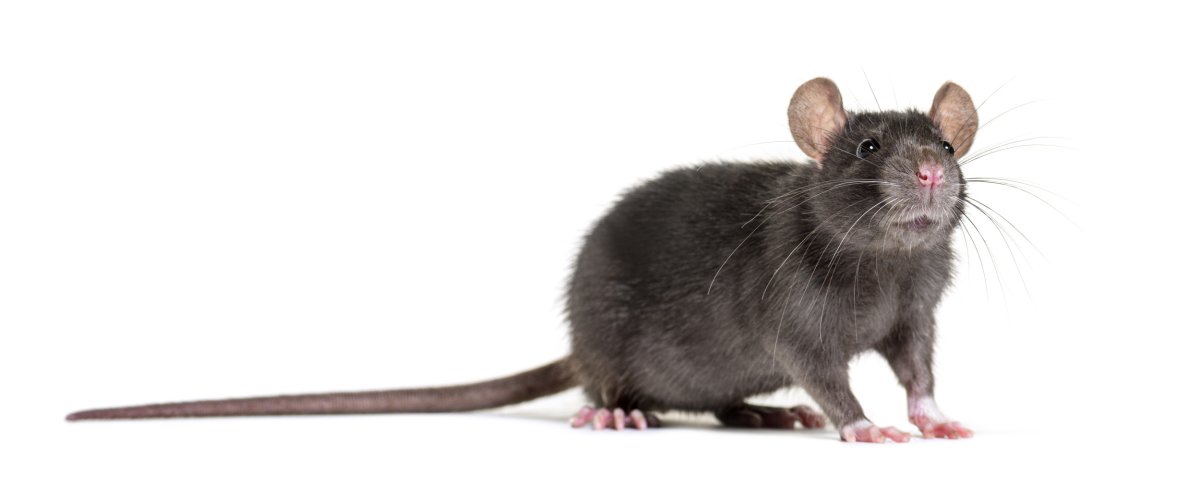All humans daydream and imagine. And so do animals, scientists have found.
A study published in the journal Science, by researchers at the Howard Hughes Medical Institute's (HHMI) Janelia Research Campus, found that animals actually possess an imagination similar to humans.
"Our ability to imagine allows us to invent new devices, art, cures, forms of social organization, etc," Albert Lee, formerly a group leader at Janelia and now an HHMI investigator at Beth Israel Deaconess Medical Center, told Newsweek. "However, how our brains allow us to imagine is largely unknown, except we know that the hippocampus is required to recall past experiences in detail and to imagine possible future scenarios."
To reach this conclusion, scientists analyzed the thoughts of rats using a "thought detector"—a system that created a virtual reality for the rats, along with a brain machine interface that scientists could use to track neural activity.
In doing so, they found that the rats were able to think of places and objects that weren't present at the time, or directly in front of them.
When humans encounter places and events, neural activity patterns are activated in the hippocampus area of the brain, which is responsible for memory. Scientists found that the rats had the same thing, when they encountered certain places and objects.

"We chose to test if rats could control their hippocampal neural activity in a way that corresponds to a key aspect of such imagination, which is the ability to think about a place that is different from the location the animal is currently at—similar to how we can imagine being at a favorite vacation spot while sitting on our couch at home," Lee said. "We showed for the first time in any animal, including humans, that rats can indeed deliberately think about remote places. Therefore, we now have an animal model of imagination, so we can study the underlying brain mechanisms that make imagination possible."
The research project began a whole nine years ago, when Chongxi Lai—a postdoc in the Harris and Lee Labs at Janelia and first author of a paper—and Lee developed the brain detector. Once this was developed, the researchers mapped a "thought dictionary" that told them more about the rat's brain signals.
In doing this, they found that rats controlled the activity in the hippocampus in the same way as humans.
Lee said that, from these findings, there can be speculation into which animals possess the most advanced example of imagination.
"This would be speculation (but reasonable speculation) on our part, which is that human imagination is most probably the most advanced example of imagination." Lee said. "However, what we've shown is that at least a basic version of human-level imagination is present in rats. It would seem likely that many mammals have this basic ability, and perhaps different animals differ in the duration and/or complexity of the situations they can imagine. This would be analogous to memory, for which it is known that many animals possess the ability to remember items, but humans can hold a larger number of items in mind at once."
Now that scientists have proven rats are able to imagine remote locations, they can now use the same method to see how elaborate the animal's imagination of scenarios can be "and how close they can get to what humans are capable of."
"Now that we have an animal model of imagination, we can apply the vast array of neuroscientific methods available for studying rodent brain function to understanding the precise mechanisms underlying imagination," Lee said.
Do you have a tip on a science story that Newsweek should be covering? Do you have a question about the imagination? Let us know via science@newsweek.com.
Uncommon Knowledge
Newsweek is committed to challenging conventional wisdom and finding connections in the search for common ground.
Newsweek is committed to challenging conventional wisdom and finding connections in the search for common ground.
About the writer
Robyn White is a Newsweek Nature Reporter based in London, UK. Her focus is reporting on wildlife, science and the ... Read more





